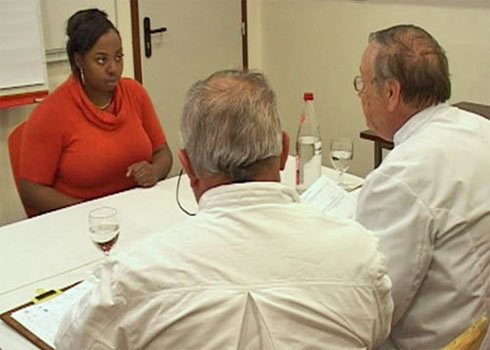The project "Identification, assessment and recognition of informally acquired competences", short IBAK, is completed. This project site www.competences.info is still open to anyone interested, although it will be no longer updated.
The identification, assessment and recognition of informally acquired skills - for us these are still hot items. Get an updated overview on methods and instruments in our IBAK database on our homepage www.heurekanet.de or news from our BMBF project "KomBiA“. We look forward to your visit.
48143 Münster
Deutschland
T: +49 251 3999 5942
F: +49 251 3999 5943
E: info@heurekanet.de







 previous article
previous article